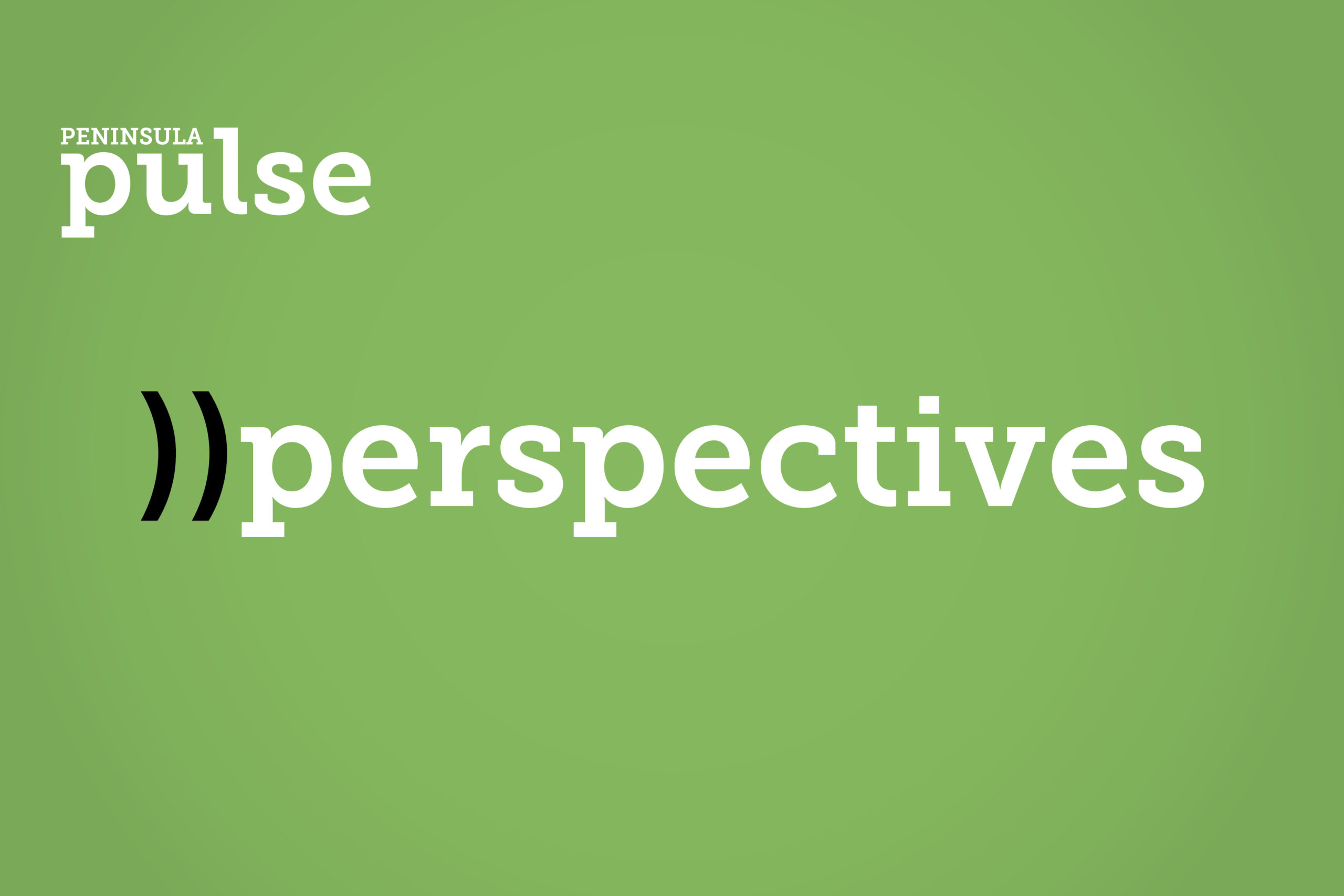I appreciate the Peninsula Pulse article discussing artificial intelligence in innovative art titled “Local Artists Weigh In on AI Art,” published on December 29. While most of the responses from artists and gallery owners were positive or showed mild acceptance, there was a notable absence of any significant objections raised.
According to Sam Watson, a reporter, the Signal post featured three images of Cave Point that were created by starryAI.com in just 15 seconds. The resulting pictures are astonishing and visually appealing. However, the process involved in generating these images may include scanning tens of thousands of photos of artworks by various artists, both living and deceased. This process extrapolates information related to Cave Point and Impressionist paintings, potentially infringing on multiple copyrights.
In the realm of art, it is generally unacceptable for an artist to use a photographer’s image of Cave Point without permission as a basis for their own work. This kind of infringement results in a generic creation that lacks originality. While famous paintings are often studied by art students in galleries, reproducing them for sale as original works is not ethically sound.
The issue extends beyond visual art to written works produced by AI, including books and other textual content. Many of the source materials used by AI applications are protected by copyright, yet the creators of these original works are not compensated for their use. Consequently, any derivative works generated through AI techniques risk infringing on intellectual property rights, which is prohibited by copyright laws.
While some may argue that copyright laws prevent direct replication of existing works, it is worth noting that novelists can take legal action against filmmakers who use their characters or storylines without permission. The same copyright regulations apply to both text and visual content.
AI technologies are inadvertently taking advantage of the hard work and dedication of musicians, photographers, and authors who have devoted their lives to perfecting their craft. It is crucial that these creators are acknowledged and fairly compensated as co-creators of any AI-generated solutions. While AI can be used for entertainment purposes, commercializing the outcomes without proper attribution constitutes a violation. This situation raises serious ethical concerns and calls for a reevaluation of the current practices.






